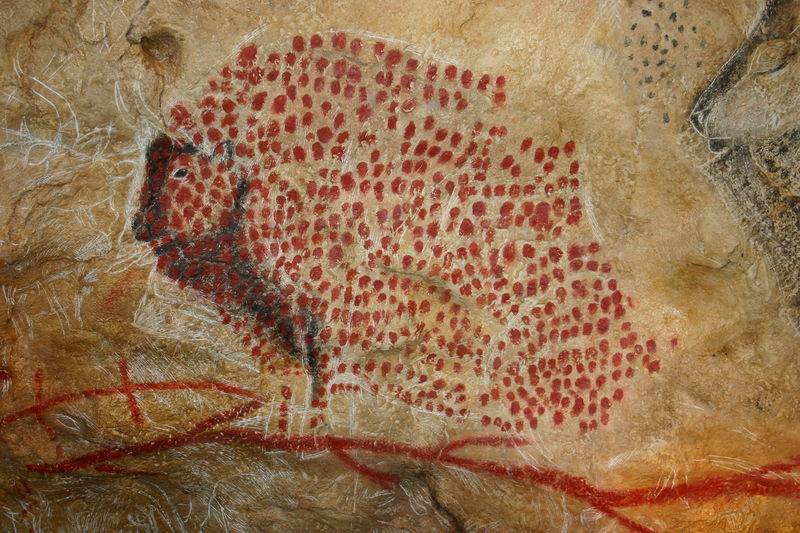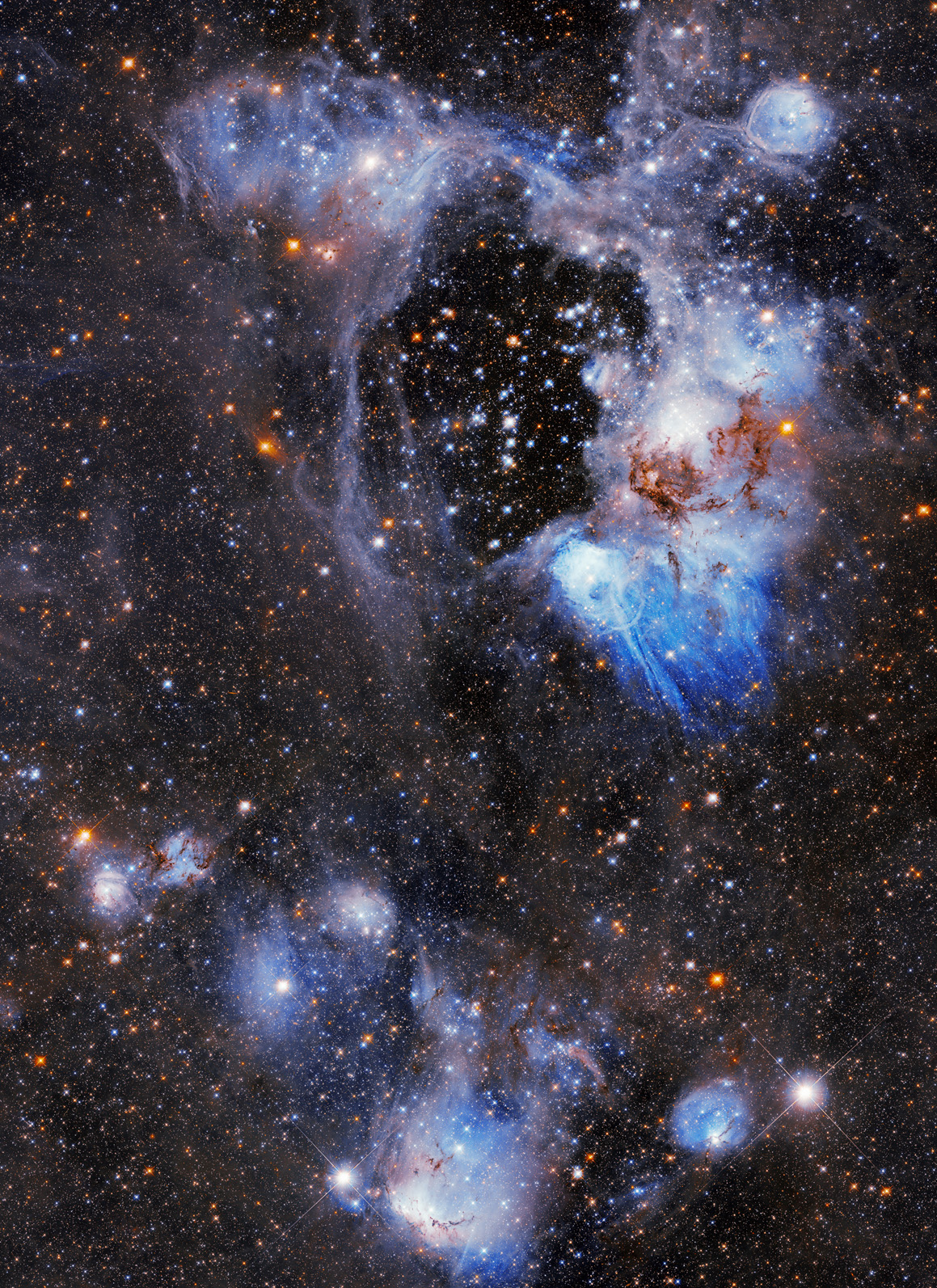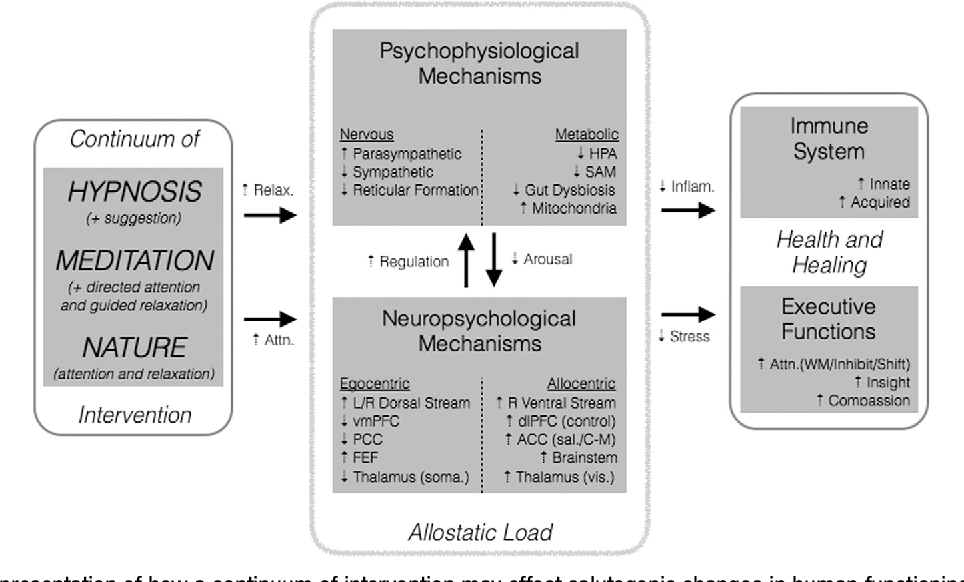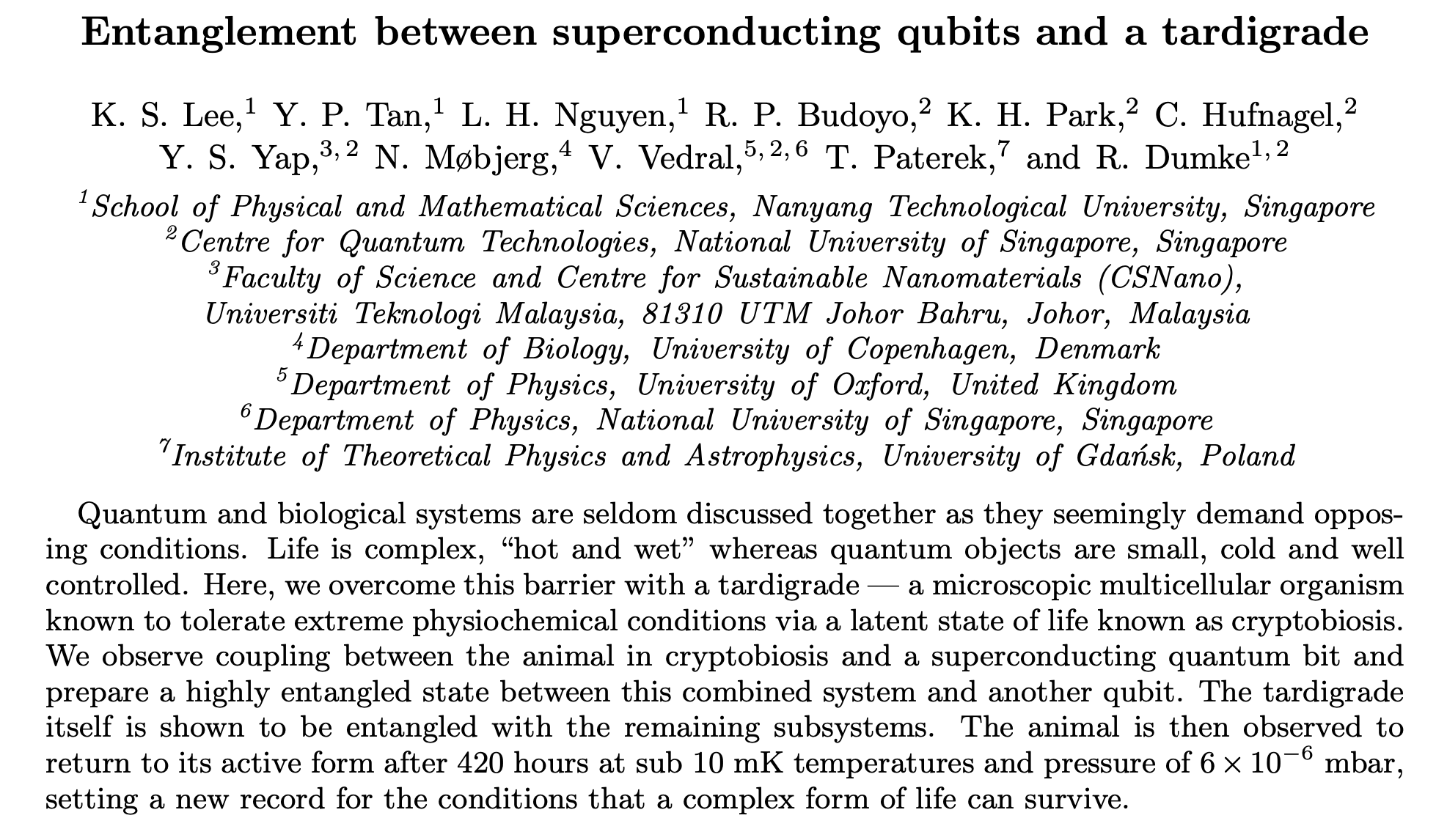Return to your breath as often as possible.
-
If you were part of a vast conspiracy of people traveling back in time to change the future - chances are you would never know it.
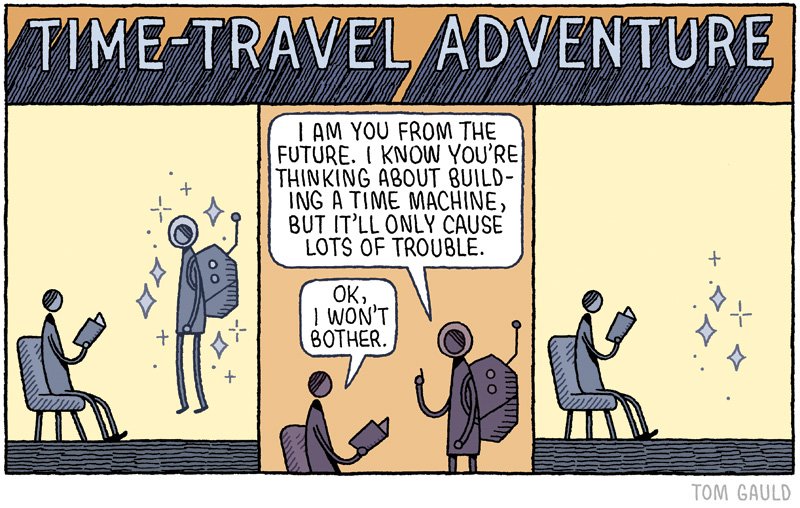


-
Outdoors for All: Access to Nature is a Human Right - by Richard Louv
"On average, today’s kids spend up to 44 hours per week in front of a screen, & less than 10 minutes a day playing outdoors."


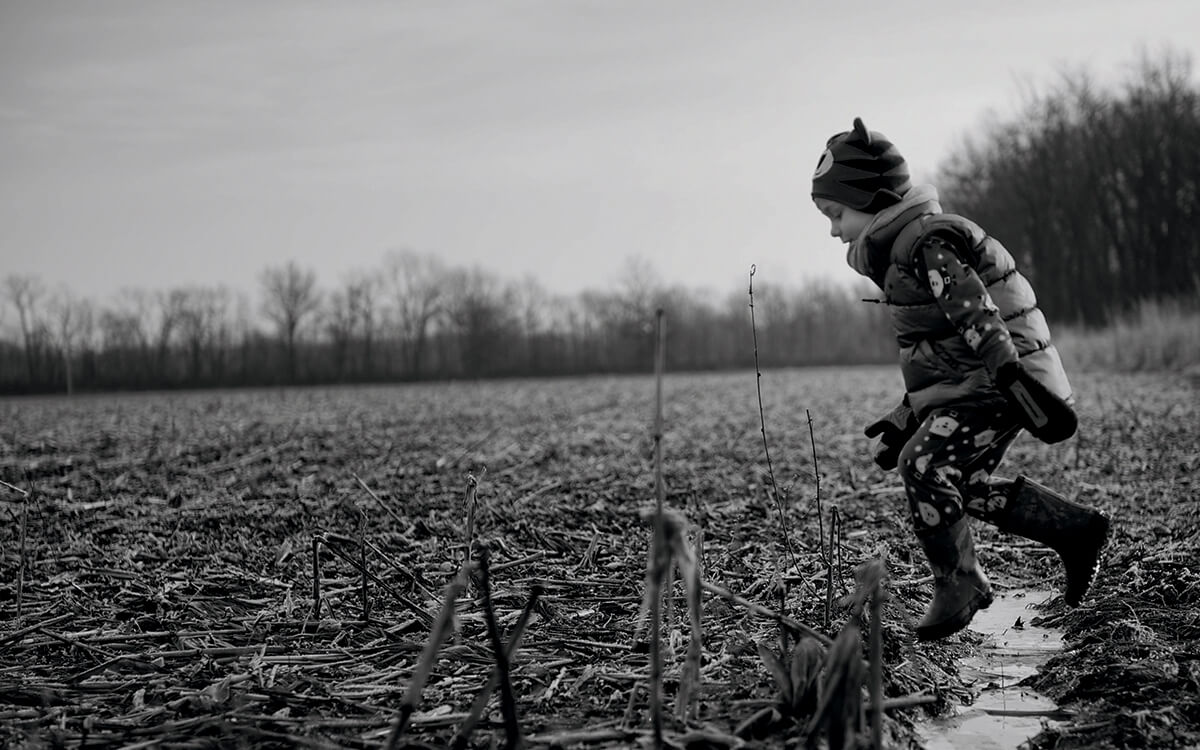
-
Inner Peace is Priceless
If something is taking away your peace, your health, or your happiness then it's costing you way more than it's providing for you. Nothing is more important than the calm within yourself. look for that in everything that you do. You deserve the very best. (via)
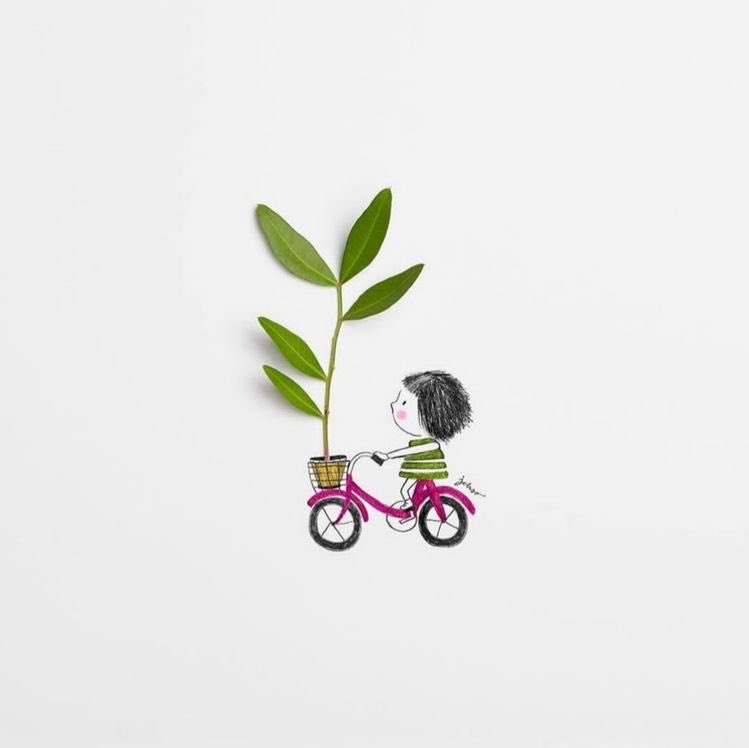
-
Nature is the perfect prescription for the mind, body and spirit. More important than ever.

"The future will belong to the nature-smart—those individuals, families, businesses, and political leaders who develop a deeper understanding of the transformative power of the natural world and who balance the virtual with the real. The more high-tech we become, the more nature we need.” —Richard Louv (Author of "The nature principle - Reconnecting with Life in a virtual age" and other books on the topic. Coined the term "Nature Deficit Disorder")

-
Benefits of Forest Bathing (Shinrin-Yoku)

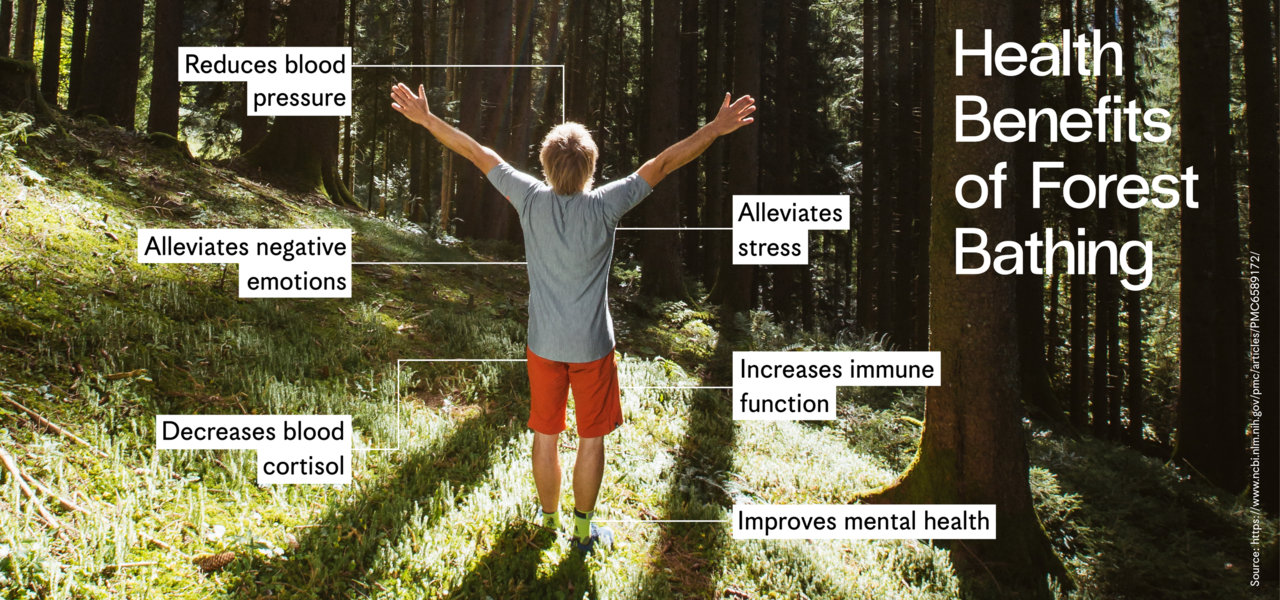
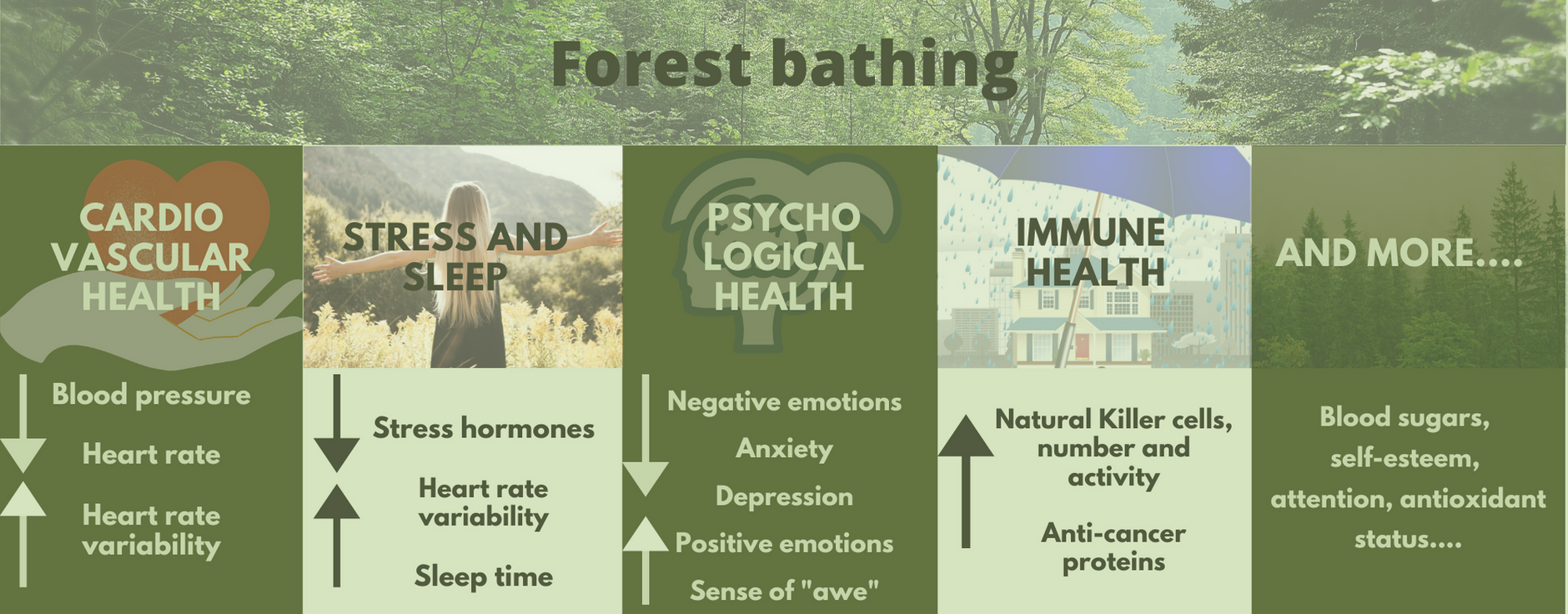
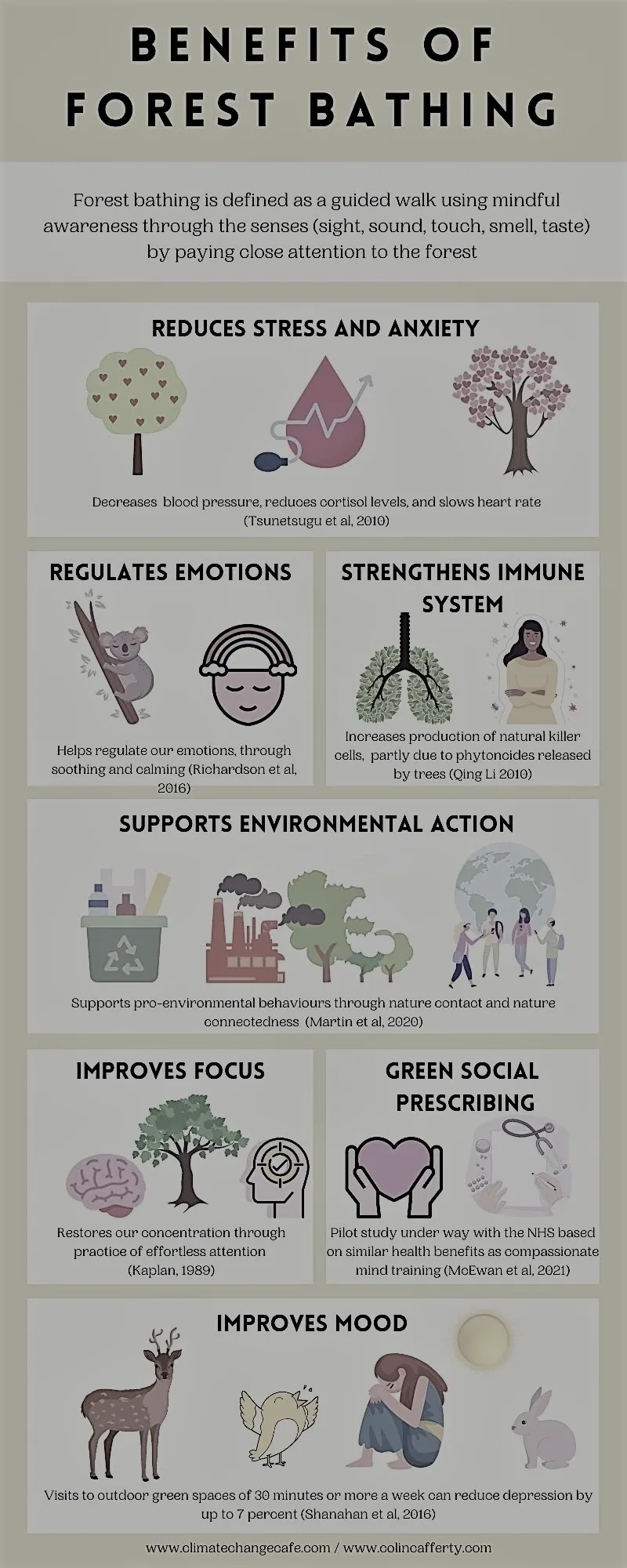

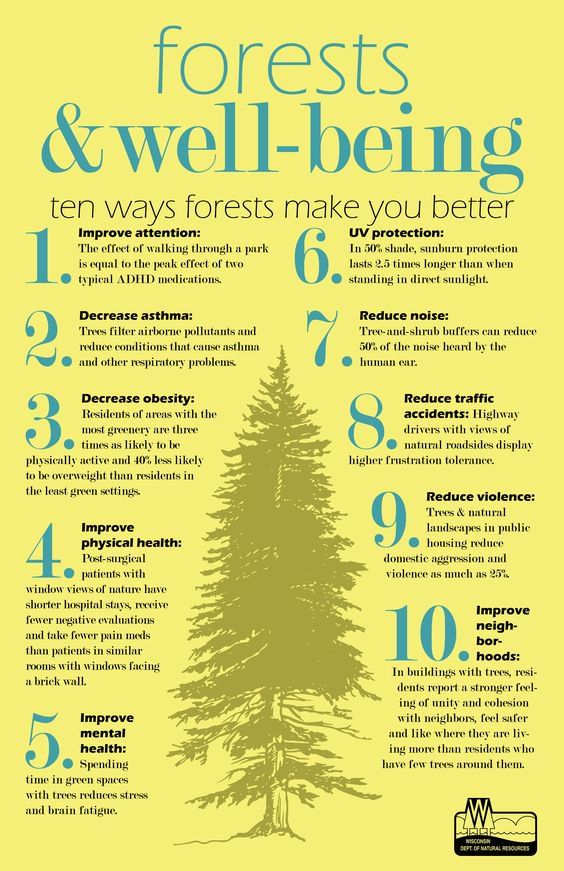
Shinrin-Yoku, translated into English as ‘forest bathing', means taking in the forest atmosphere during a leisurely walk. It is a therapy that was developed in Japan during the 1980s, becoming a cornerstone of preventive health care and healing in Japanese medicine.
Researchers, primarily in Japan and South Korea, have conducted studies on the health benefits of spending time amongst the trees, demonstrating that forest bathing positively creates calming neuro-psychological effects through changes in the nervous system, reducing the stress hormone cortisol and boosting the immune system.
Every study conducted so far has demonstrated reductions in stress, anger, anxiety, depression and sleeplessness amongst the participants. In fact after just 15 minutes of forest bathing blood pressure drops, stress levels are reduced and concentration and mental clarity improve.
There are now 44 accredited Shinrin-Yoku forests in Japan, with the research conducted helping to establish Shinrin-Yoku and forest therapy throughout the world.
-
Today in the fall of civilization: 🤡 Rothschild Island lies between Omicron and Delta Island
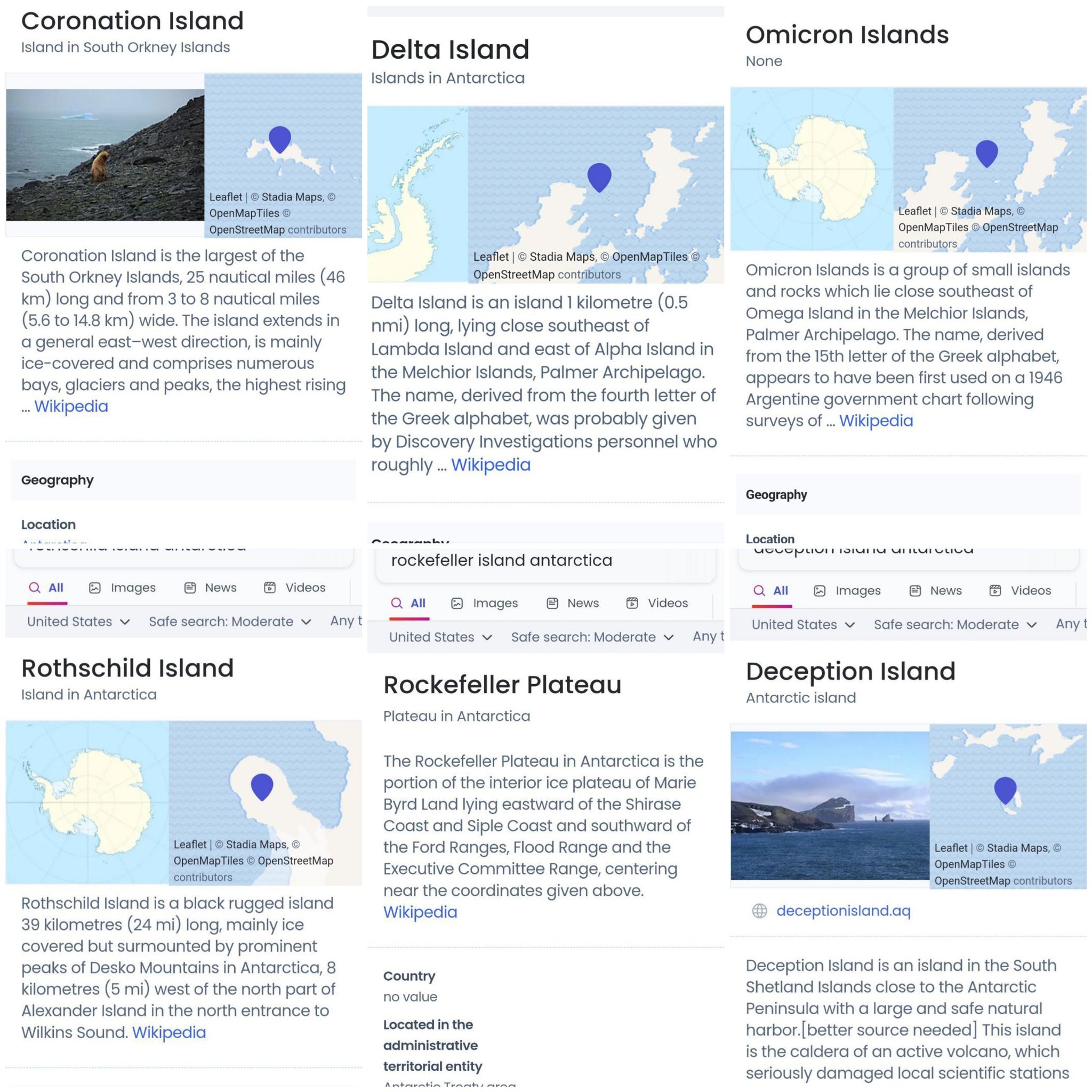
Smile! Cause we live in a 🤡 clown world, full of happy fools

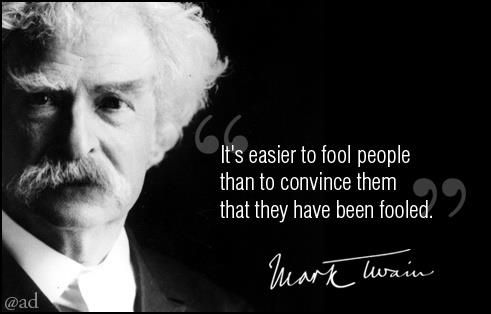


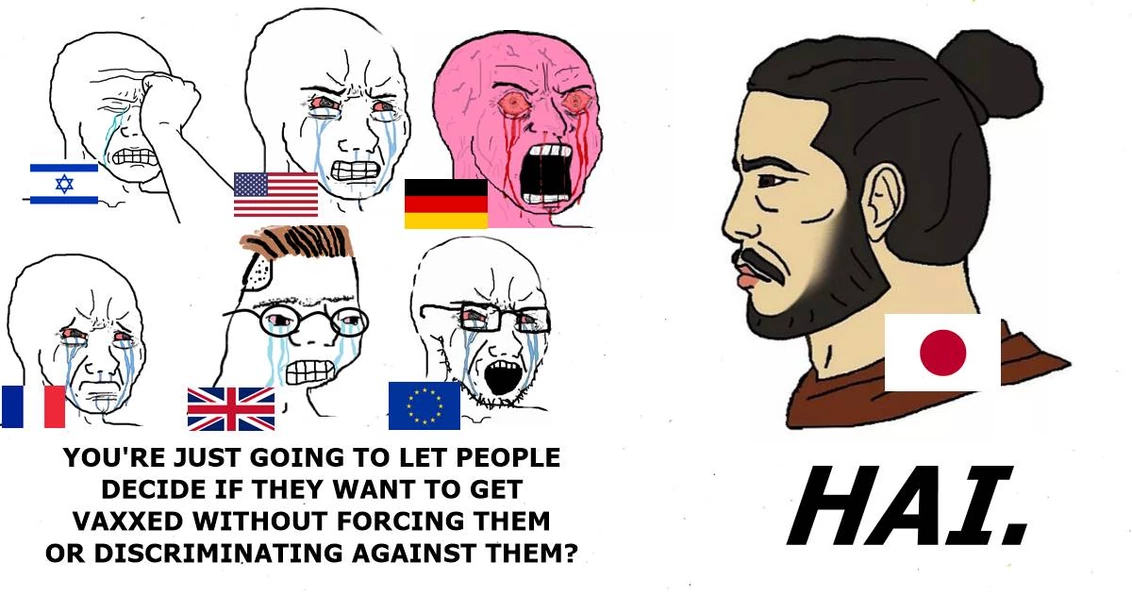
-
Nature, Mind & Medicine: A Model for Mind-Body Healing - by Jason Kaufman (unpaywalled)
Objective: The human mind-body possesses a remarkable innate ability to heal. Grounded in the evolutionarily conserved systems of the brain and body, nature appears to function as the fundamental source of wellness along the two vectors of attention and relaxation. Yet, our species is moving away from nature at a time when humanity is just beginning to rediscover its benefits.

Conclusions: Exposure to natural environments may provide a "window" of healing that can be extended through a continuum of intervention through the use of guided meditation and ultimately hypnotic suggestion. The result may be an improved ability to promote greater executive functioning and more robust immune regulation. The time has come for a more holistic medicine guided by the hand of nature.
-
The brain and its time: intrinsic neural timescales are key for input processing
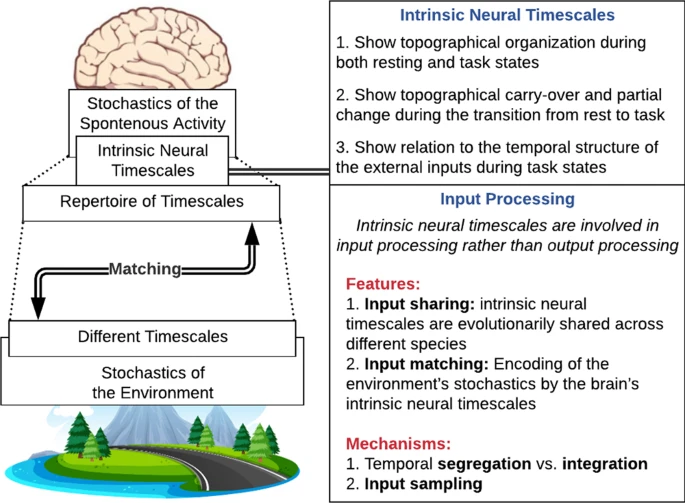
We process and integrate multiple timescales into one meaningful whole. Recent evidence suggests that the brain displays a complex multiscale temporal organization. Different regions exhibit different timescales as described by the concept of intrinsic neural timescales (INT); however, their function and neural mechanisms remains unclear. We review recent literature on INT and propose that they are key for input processing. Specifically, they are shared across different species, i.e., input sharing. This suggests a role of INT in encoding inputs through matching the inputs’ stochastics with the ongoing temporal statistics of the brain’s neural activity, i.e., input encoding. Following simulation and empirical data, we point out input integration versus segregation and input sampling as key temporal mechanisms of input processing. This deeply grounds the brain within its environmental and evolutionary context. It carries major implications in understanding mental features and psychiatric disorders, as well as going beyond the brain in integrating timescales into artificial intelligence.
-
Language extinction triggers the loss of unique medicinal knowledge
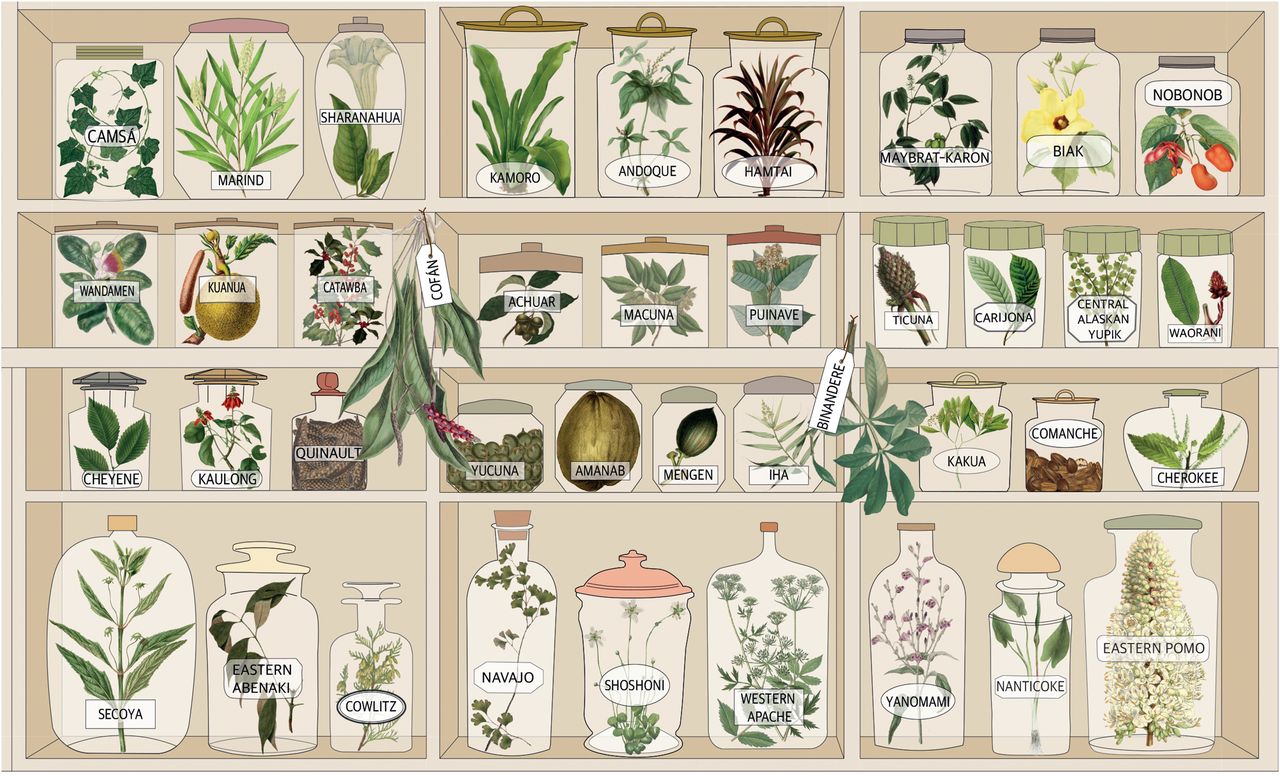
Over 30% of the 7,400 languages in the world will no longer be spoken by the end of the century. So far, however, our understanding of whether language extinction may result in the loss of linguistically unique knowledge remains limited. Here, we ask to what degree indigenous knowledge of medicinal plants is associated with individual languages and quantify how much indigenous knowledge may vanish as languages and plants go extinct. Focusing on three regions that have a high biocultural diversity, we show that over 75% of all 12,495 medicinal plant services are linguistically unique—i.e., only known to one language. Whereas most plant species associated with linguistically unique knowledge are not threatened, most languages that report linguistically unique knowledge are. Our finding of high uniqueness in indigenous knowledge and strong coupling with threatened languages suggests that language loss will be even more critical to the extinction of medicinal knowledge than biodiversity loss.


